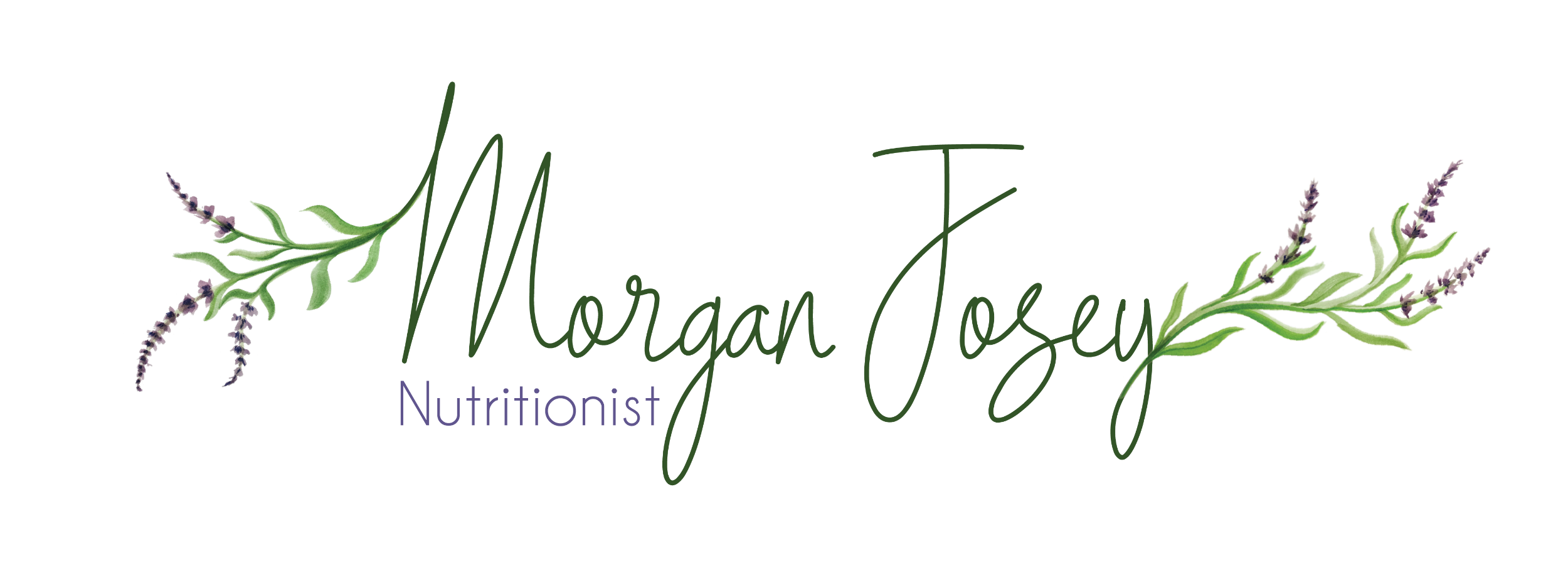Protein for growth & weight loss
How much protein do I need?
HELLO!
I just wanted to do another quick bite size post about … Protein!
What is it? Why do we need it? How does it help growth and weight loss?
OK! So -
Proteins are the main building blocks of the body. They’re used to make muscles, bones, organs, hair, nails, and skin. Proteins are also used to make enzymes, hormones, neurotransmitters and various tiny molecules that serve important functions. Without protein, we would not be able to survive. So … you can see they are very important.
Patients I see in clinic are consistently lacking in protein. Particularly children, this is worrying as children need protein to grow. Children who do not consume enough protein can have stunted growth and low immunity. This can also look like a child that eats all the time but isn’t eating enough protein, so they aren’t ever feeling satisfied as their body is searching for protein. You may have a child that eats a lot but isn’t gaining weight, this is when they aren’t eating enough protein and healthy fats.
It’s the similar with weight gain in adults, if you do not consume enough protein you will be hungrier and eat more calories, and risk gaining weight. Although, the elderly need additional protein as they age to prevent muscle wasting and weakness.
So…if you are trying to loose weight, consult a practitioner about modifying your diet and increasing you protein intake!
And… if you child is faltering in growth, consult a practitioner to address their diet (protein and healthy fat increases). Faltering growth is a serious issue in children and should be addressed immediately.
But what has protein and how much do I need?
Protein should form part of every meal you have. It will help keep you feeling fuller and satisfied and help regulate your blood sugar.
A protein source of food is either “complete” or “incomplete” - meaning it either contains all or some of the essential amino acids we need for our body’s functions.
Complete proteins are mostly found in animal products. Some non-animal foods contain a number of the amino acids our bodies need, but not all of them. These are called incomplete proteins. But if you don’t eat animal products and eat a variety of foods for a well-balanced vegan diet, you likely don’t have to worry about this.
This article has become a tad bigger than bite size…so I will end it here, but … if you are wanting to know how much protein you need and what contains protein keep reading below.
RECOMMENDED DAILY INTAKE FOR PROTEIN
WOMEN 19-70yrs require 46g/day and women aged above 70 need 57g/day
MEN 19-70yrs require 64g/day and men aged above 70 need 81g/day
PREGNANT WOMEN AND LACTATING WOMEN need 60-67grams/day
CHILDREN- 7-12 months need 14g/day, 1-3yrs need 14g/day and 4-8yrs need 20g/day
You can also work this out on weight, at 1 gram protein per kilo of body weight, hence 60 kg women would need 60 grams of protein a day. Don’t confuse this with pounds or you will consume excess protein which is dangerous.
This also works out to be 15-25% of protein in your diet, 20% healthy fats and the remainder in carbohydrates (unrefined).
PROTEIN SOURCES
ANIMAL SOURCES-
Eggs 6 g protein per egg
Chicken and Turkey (83 grams) contains 24g protein
Pork (83 grams piece) contains 26g protein
Beef (83 grams piece) contains 20g protein
Milk 8g protein per 250ml
Cottage cheese 14g protein per ½ cup
Greek yoghurt 3.5g protein per 100g
Tuna (83 grams piece) contains 25g protein
Squid (83 grams piece) contains 25g protein
Salmon (83 grams piece) contains 23g protein
Cheese 8g protein per 100g cheese
VEGETABLE SOURCES-
Oats 6g protein per 1 cup
Almonds 16.5g protein per half cup
Peanuts 20.5g protein per half cup
Cashews 18g protein per 100g
Peanut butter- 8g protein per 2 tbsp
Almond butter- 7g protein per 2 tbsp
Cashew butter- 5.6g protein per 2 tbsp
Sunflower seed butter- 5.6g protein per 2 tbsp
Peas- 9g protein per cup
Beans- 15g protein per cup
Quinoa- 8g protein per cup
Tofu- 10g protein per half cup
Lentils- 8.8g protein per half cup
Chickpeas- 7.2g protein per half cup
Spirulina- 8g protein per 2 tbsp
Chia seeds- 2g protein per tbsp
Hemp seeds- 5g protein per tbsp
Vegan protein powder- approx. 24g protein per serve/scoop
Navy beans- 20g protein per 1 cup
Broccoli- 2.8g protein per 100grams
Mushrooms- 3.1g protein per 100grams
